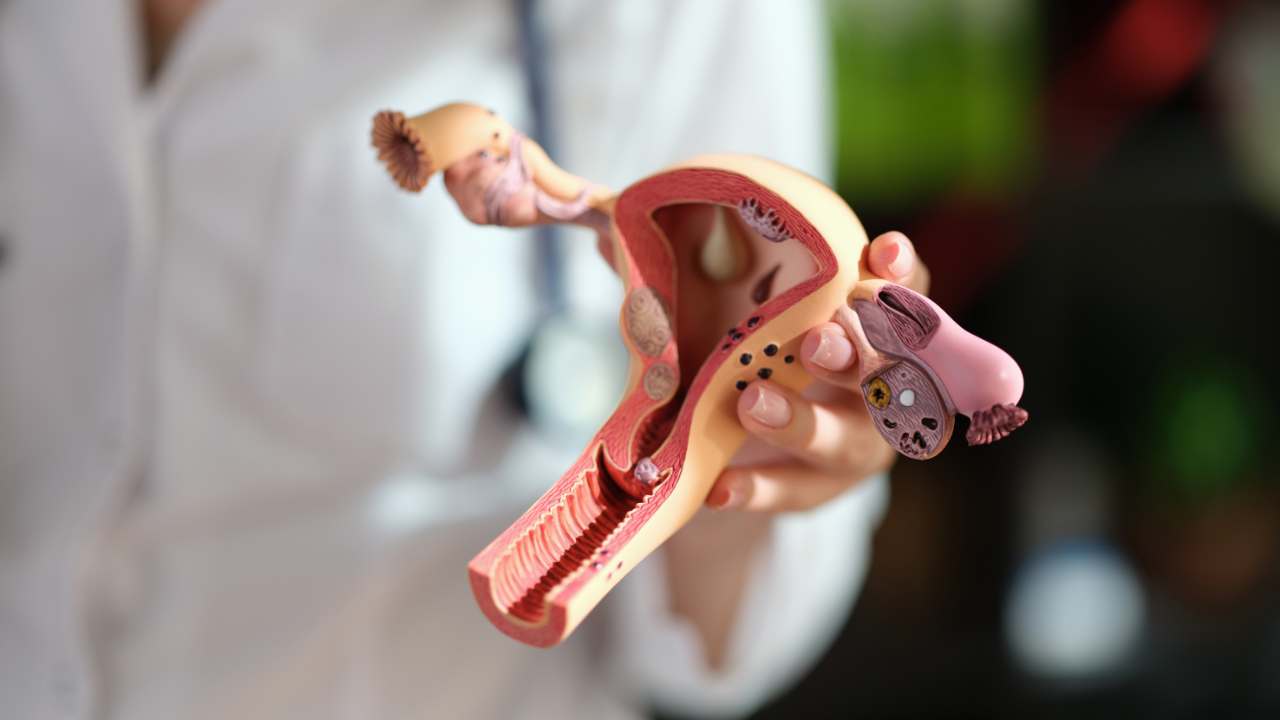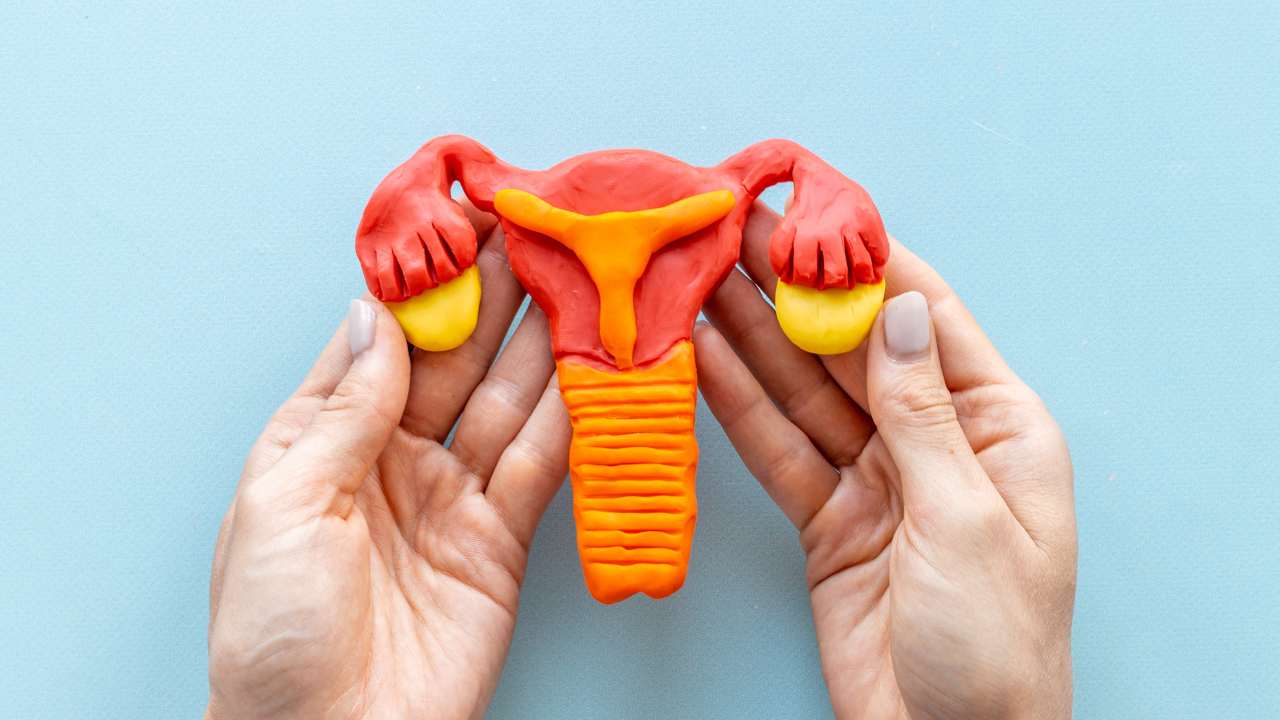When it comes to women’s health, maintaining the well-being of the ovaries and uterus is crucial. Proper nutrition plays a significant role in supporting these vital organs, ensuring hormonal balance, and reducing the risk of reproductive health issues. In this blog, we’ll explore nutrient-packed foods that promote healthy ovaries and a strong uterus.
1. Leafy Green Vegetables
Leafy greens such as spinach, kale, and Swiss chard are packed with essential nutrients like folate, calcium, and magnesium. These nutrients aid in reducing inflammation, improving hormonal balance, and supporting uterine health. Folate is particularly important as it supports cell division and prevents complications during pregnancy.
2. Fatty Fish
Salmon, mackerel, and sardines are rich in omega-3 fatty acids, which have anti-inflammatory properties. Omega-3s not only promote healthy blood flow to the reproductive organs but also help in balancing hormones and reducing the risk of ovarian cysts.
Also Read
3. Berries
Berries such as blueberries, strawberries, and raspberries are loaded with antioxidants. These antioxidants help to fight free radicals that can damage cells in the ovaries and uterus, reducing the risk of chronic conditions like endometriosis or fibroids.
4. Nuts and Seeds
Almonds, walnuts, flaxseeds, and chia seeds are excellent sources of omega-3 fatty acids, vitamin E, and lignans. These nutrients contribute to hormonal balance and promote a healthy uterine lining, which is essential for fertility.
5. Whole Grains
Whole grains like quinoa, oats, and brown rice provide a good source of fiber and B vitamins. Fiber helps eliminate excess estrogen from the body, preventing hormonal imbalances that could affect ovarian and uterine health.
6. Avocado
Avocados are rich in healthy fats, potassium, and folate. https://ods.od.nih.gov/They play a role in maintaining hormonal balance and improving blood circulation to the uterus and ovaries. The healthy fats in avocados also support the production of reproductive hormones.
7. Broccoli and Cruciferous Vegetables
Broccoli, cauliflower, and Brussels sprouts contain compounds like indole-3-carbinol, which helps in metabolizing estrogen efficiently. This reduces the risk of estrogen dominance, a condition that can lead to fibroids or ovarian cysts.
8. Turmeric
Turmeric, with its active ingredient curcumin, has powerful anti-inflammatory and antioxidant properties. Adding turmeric to your diet can help reduce inflammation in the uterus and support overall reproductive health.
9. Dairy Products
Low-fat or fat-free dairy products like yogurt, milk, and cheese are excellent sources of calcium and vitamin D. These nutrients are vital for maintaining the strength of the uterine walls and preventing conditions like endometriosis.
10. Water
Staying hydrated is often overlooked but is essential for reproductive health. Adequate water intake ensures optimal blood flow to the reproductive organs and helps in flushing out toxins that could affect ovarian and uterine health.
Tips for Including These Foods in Your Diet:
- Add spinach or kale to your morning smoothies.
- Snack on a handful of nuts or seeds during the day.
- Incorporate fatty fish like salmon into your weekly meal plan.
- Use turmeric as a spice in soups, curries, or teas.
Conclusion
A balanced diet filled with nutrient-rich foods can significantly impact the health of your ovaries and uterus. By incorporating these foods into your daily routine, you can promote hormonal balance, reduce inflammation, and enhance overall reproductive health. Remember, a healthy lifestyle coupled with regular check-ups with your healthcare provider is the key to long-term well-being.
Frequently Asked Questions
Q1: Can these foods help with PCOS? Yes, many of the foods mentioned, like leafy greens, nuts, and fatty fish, can help manage PCOS symptoms by balancing hormones and reducing inflammation.
Q2: How much water should I drink for optimal reproductive health? Aim for at least 8-10 glasses of water daily to stay hydrated and support healthy reproductive organs.
Q3: Are there any foods to avoid for ovarian and uterine health? Yes, limit processed foods, excessive sugar, and trans fats as they can contribute to inflammation and hormonal imbalances.
Q4: Can turmeric be taken as a supplement instead of food? Yes, turmeric supplements are an option, but consult your doctor before adding them to your routine.






